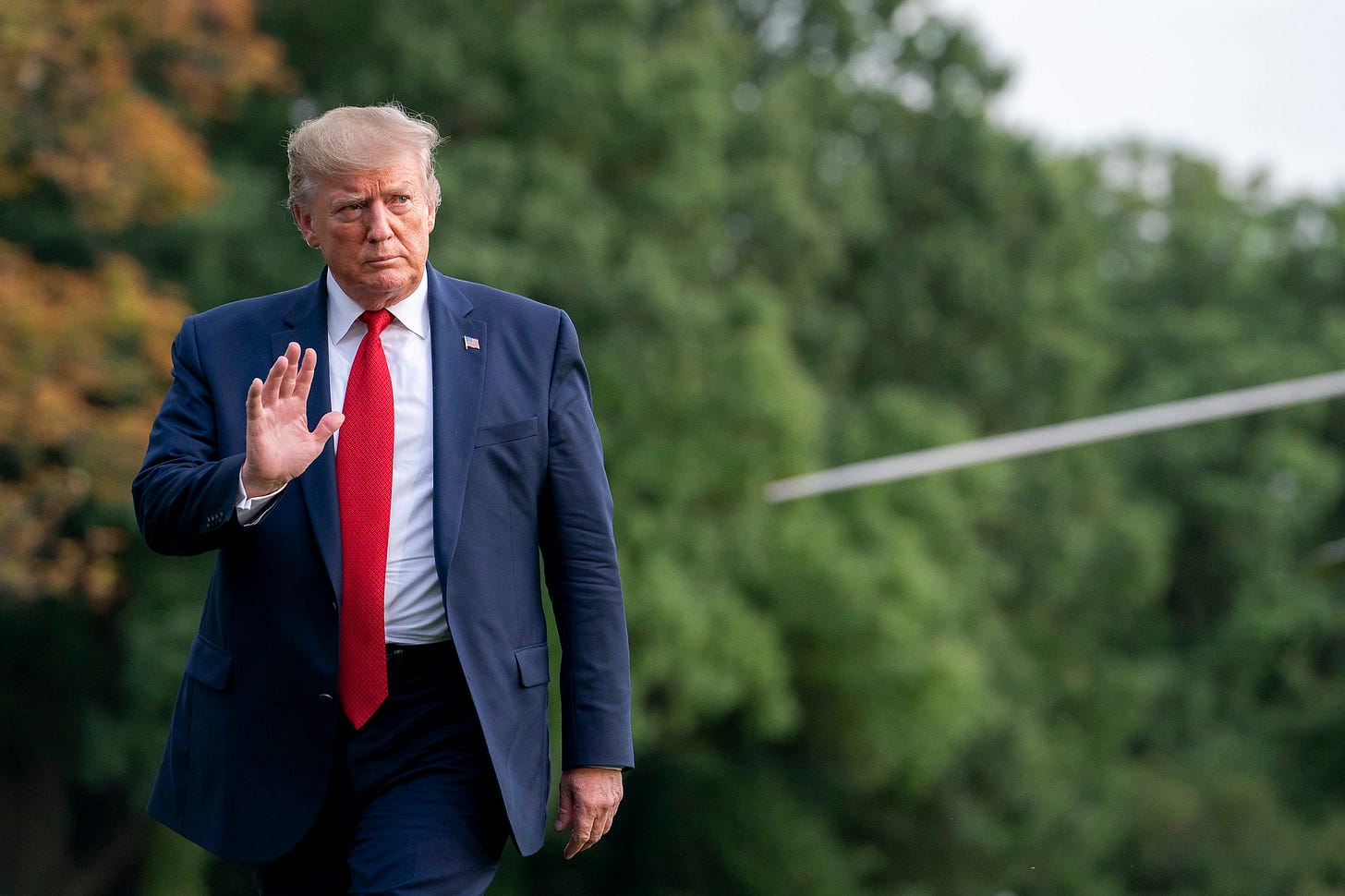What’s this?
Tangle is an independent, ad-free, non-partisan politics newsletter where I answer reader questions from across the country and break down the day’s biggest news. It aims to make the news accessible and is never longer than a 10-minute read. If you’re not subscribed, sign up below.

Courtesy of The White House
Q: Who is paying the tariffs in the trade war?
- Evan, New York City
Tangle: The president can claim, as he has over and over, that China is paying for tariffs, but it just isn’t true. A tariff is a tax on something that is imported to the United States. When that something comes into the U.S., the tax is paid — almost always — by the importer. In other words: whatever U.S. company is bringing the product in.
Say, for example, the president puts a tariff on shoes made in China. If Nike wanted to get its shoes into the U.S., it would have to pay that tax. The money goes to the U.S. Customs and Border Protection Service. What happens next depends on what Nike wants to do: either it will raise the price of the shoes, thus passing the cost of the tariff on to us, or it will find a shoemaker that’s not in China so it doesn’t have to pay the tariffs on shoes. There’s also a third, rarer option: Nike’s shareholders could buy up the cost of the tariffs, ask Nike to reduce its compensation to its workforce or cut its workers. This would allow Nike to keep the price of shoes the same while not moving its bottom line and paying the tariffs all at once.
Trump seems to think by levying tariffs against China, the government’s pocketbook grows. This isn’t wrong. Where Trump is wrong (or where he is blatantly lying) is when he says that money is coming from China. He’s also wrong when he pretends this money is a big source of federal revenue (it’s a very, very small fraction). The only way tariffs hurt China is if U.S. companies decide to avoid those tariffs by moving away from Chinese suppliers. Unfortunately, U.S. companies rarely do that. Instead, they just raise their prices to cover the tariff, thus passing along the cost onto us, the people buying those Nike shoes. Also: tariffs tend to increase the prices of the same goods from other countries. So, for example, if cost of Chinese shoes goes up, there’s a good chance the cost of shoes from Mexico or Thailand will go up, too. Also, also: tariffs usually beget tariffs. China will respond to these tariffs by intentionally punishing the companies from America that have Chinese customers.



